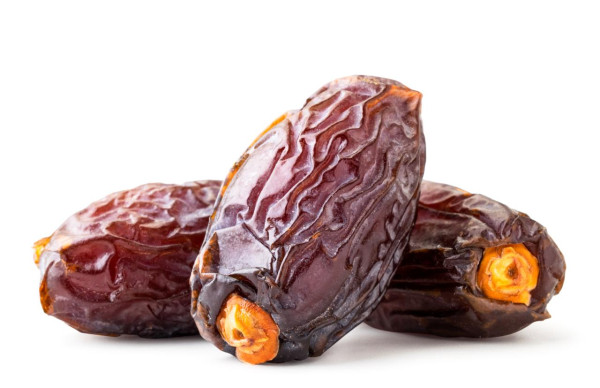Ajwa dates hold an unique location in Islamic tradition, usually referred to as the "Prophet's Dates" because of their ingrained link with the life and trainings of the Prophet Muhammad. In this short article, we will discover the spiritual, historic, and spiritual significance of Ajwa days in Islam, and just how their consumption has actually been woven into the textile of Muslim culture for centuries.
The Story of Ajwa Dates in Medina
Ajwa days are belonging to Medina, the second holiest city in Islam. It is believed that the Prophet Muhammad directly grew the first Ajwa day hand trees in Medina, imbuing the fruit with spiritual relevance. The Prophet is also claimed to have actually advised consuming 7 Ajwa days in the morning to ward off injury and disease.
This solid connection in between Ajwa days and the Prophet Muhammad has actually made them an icon of blessings and defense. Today, explorers visiting Medina commonly buy Ajwa days as a spiritual memento, a pointer of their connection to the spiritual land.

Ajwa Dates Throughout Ramadan
Ajwa dates are a preferred food thing during the holy month of Ramadan. They are commonly the very first food consumed to damage the fast at Iftar, adhering to the Sunnah (custom) of the Prophet. The consumption of days during Iftar assists restore power degrees rapidly, as the natural sugars in dates are rapidly taken in by the body. The fiber material additionally aids manage food digestion, making Ajwa dates a perfect food to start the night meal after a long day of fasting.
Spiritual Benefits of Ajwa Dates
Ajwa days are frequently viewed as a form of spiritual healing, in addition to their physical wellness advantages. Consuming Ajwa dates is believed to protect against evil, envy, and illness. They are likewise generally consisted of in spiritual and charitable practices, such as dispersing dates to the needy during Ramadan or providing as gifts throughout Eid parties.
Ajwa Dates and Charity
In Islamic society, providing is an essential act of belief, and days have actually historically been an icon of charity and kindness. Ajwa dates, being among the most treasured varieties, are typically distributed as component of Sadaqah (charity) and Zakat (required almsgiving). how long do ajwa dates last in these techniques reinforces their spiritual value and link to acts of compassion.
Conclusion
Ajwa days are more than just a scrumptious fruit; they are an important part of Islamic custom and culture. Their historic and spiritual value, specifically during Ramadan and various other religious occasions, highlights the deep connection in between food, belief, and community in Islam. Ajwa days advise Muslims of the trainings of the Prophet Muhammad, offering both physical nutrients and spiritual defense.

